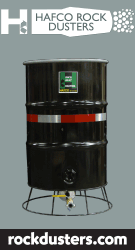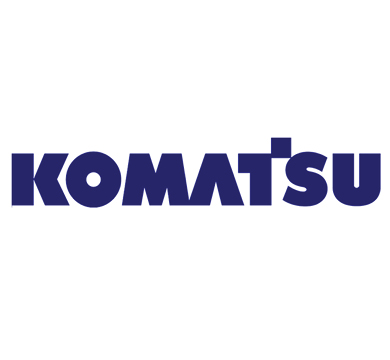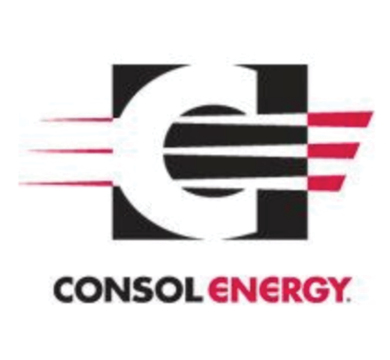WV DEP Threatens to Revoke Lexington Coal Co’s Permits as Its Environmental Violations Pile Up
West Virginia regulators are threatening to take two Boone County mining permits spanning nearly 1,400 acres away from a prominent coal company in response to a lengthening string of alleged environmental violations.
The Department of Environmental Protection has ordered Lexington Coal Co. to “show cause” or explain why the state shouldn’t suspend or revoke two surface mine permits for which it’s issued a combined 33 violation notices since the start of last year.
The DEP gave Lexington Coal, whose West Virginia operations are based in Milton, 30 days to explain why the agency shouldn’t take away the permits for the Crescent No. 2 Surface Mine, near Crook, and the Twilight III-A Surface Mine, near Twilight. The agency addressed letters to the company dated Aug. 18 and Aug. 12 issuing the show-cause orders for those respective mines.
For the Crescent No. 2 Surface Mine, the DEP cited alleged sediment control failures dating from February to May that the agency said resulted in water exiting a mining area into Matts Creek and allowed coal pit water to exit through a water pollution control outlet as black discolored discharge.
For the Twilight III-A Surface Mine, the DEP cited alleged reclamation and progress reporting failures. The DEP had ordered Lexington to finish backfilling and grading and submit a monthly progress report to an agency inspector until all work is complete.
The DEP told Lexington that failure to respond to the orders could result in suspending or revoking the permits and declared forfeiture of the bonds for the permits.
The DEP approved renewing a mine permit for the Twilight III-A Surface Mine in April, even after it reported more than 40 violations across four of the company’s permits for active mine sites in the watershed since the start of last year. Just three days before the approval, the DEP had issued letters to Lexington Coal notifying the company that it was delinquent in paying two $22,500 penalties and was prohibited by a state legislative rule from issuing any permit or permit revision to the company as long as the civil penalties remain delinquent.
The penalties were attached to cessation orders the agency handed down in January after it found that Lexington Coal had failed to backfill and rough-grade mining-affected areas and take other remedial measures at the Twilight III-A and Twilight II surface mines.
The DEP had cited the Twilight III-A Surface Mine for eight violations since the beginning of 2021. Violations have included failure to reclaim sections of highwall (the unexcavated face of coal and earth between topsoil and the coal seam) created by mining in drainage areas in timely fashion and not responding to requests for corrections stemming from past violations.
The agency has issued four violation notices to Lexington for the Twilight III-A permit since June for alleged drainage and sediment control failures and allowing what the agency called “excessive” effluent discharge from a water pollution control outlet eroding a hillside and stream channel bed.
State environmental regulators have threatened to revoke Lexington permitting before. But the company maintains the permits under renewed state scrutiny, allowing Lexington’s pattern of alleged environmental degradation to continue and prompting criticism that it’s being too tolerant of the company’s many violations.
The DEP on March 31 issued a show-cause order to Lexington Coal requiring the company to explain within 30 days why its permit for the Crescent No. 2 Surface Mine shouldn’t be revoked. The agency cited the company’s failure to maintain sediment control structures, prevent sediment from collecting heavily at the bottom of a hill and in Matts Creek, and keep large rocks from rolling down a hill, damaging trees and settling in a stream bed.
But Lexington still holds the permit, and the DEP has given the company the option to request consent orders with the agency for both the Twilight III-A and Crescent No. 2 permits that require future compliance.
Lexington could not be reached for comment.
Vernon Haltom, executive director of Coal River Mountain Watch, a Raleigh County-based anti-mountaintop removal mining group, believes the DEP has “demonstrated extreme lenience” despite past penalties and other orders not compelling compliance from Lexington.
“It’s akin to a parent repeatedly threatening to punish a child for bad behavior, and repeatedly failing to follow through,” Haltom said in an email.
Last month, a federal judge ordered Lexington to pay $1,000 a day for a 51-day period after finding the company was unwilling to comply with U.S. District Court for the Southern District of West Virginia mandates to show how it will address pollution at two Mingo County mine sites.
Judge Robert Chambers criticized what he wrote was a “bare-bones plan” from Lexington to address selenium and ionic pollution at the Low Gap Surface Mine No. 2 and No. 10 Mine in the ruling. Both sites are in the Tug Fork River watershed.
Source: The Herald-Dispatch
Be in-the-know when you’re on-the-go!
FREE eNews delivery service to your email twice-weekly. With a focus on lead-driven news, our news service will help you develop new business contacts on an on-going basis.
CLICK HERE to register your email address.























